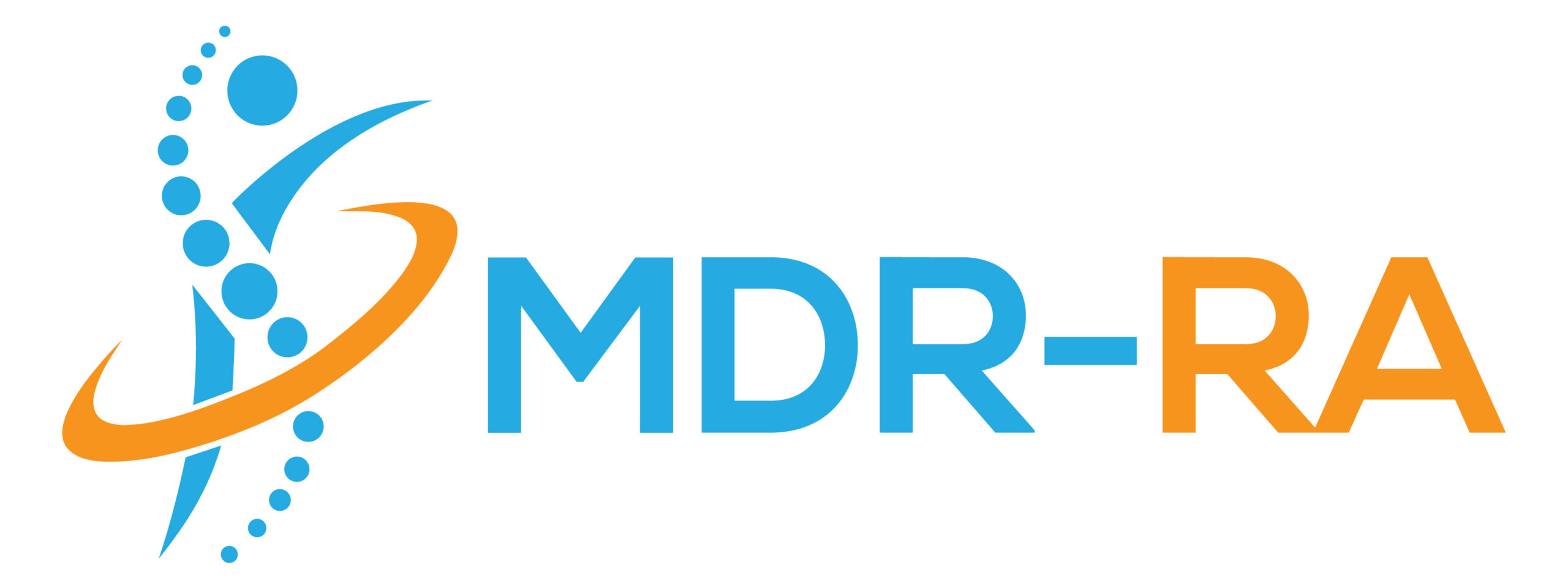Our sister projects
Networking with related projects and initiatives
Here at SQUEEZE we are collaborating with “sister” initiatives to enhance our collective understanding and treatment of rheumatoid arthritis (RA).
These partnerships are driven by a shared goal: to tackle the complexities of RA by exploring its underlying mechanisms, improving early diagnosis, and developing more personalized therapies. Each project brings a unique focus, whether it’s identifying biomarkers, understanding the role of gut microbiota, or utilizing machine learning for better disease management.
By working together, we aim to accelerate breakthroughs in RA research, ultimately improving patient outcomes and reducing the societal burden of this debilitating disease.
Endotarget
Rheumatic diseases (RDs) affect over 40% of Europe’s population, leading to significant disability, pain, reduced lifespan, and an enormous economic burden of around €240 billion annually. Dysbiosis, or harmful changes in gut microbiota, has been linked to the development of various diseases, including RDs, but the exact mechanisms remain unclear.
The ENDOTARGET project seeks to investigate how gut microbiota dysbiosis and increased gut permeability contribute to systemic inflammation, known as systemic endotoxemia (SE). SE occurs when harmful compounds from intestinal bacteria, particularly lipopolysaccharides (LPS), leak into the bloodstream, triggering widespread inflammation. ENDOTARGET will focus on understanding these processes in three specific rheumatic diseases: osteoarthritis (OA), rheumatoid arthritis (RA), and spondylarthritis (SpA). By exploring these connections, the project aims to identify new preventive and therapeutic strategies to address the root causes of these conditions.
o
SpideRR
Musculoskeletal disorders are a leading cause of pain and disability, affecting nearly half of the adult population, with 40% experiencing chronic problems. These conditions account for 17% of all years lived with disability globally, highlighting the urgent need for better management. Despite being common in primary care, musculoskeletal symptoms often lead to a frustrating and lengthy journey from symptom to diagnosis and treatment. Misdiagnosis is frequent, with up to 30% of patients being misclassified during their first visit, and delays in attending the correct clinic can extend up to 8.5 years for certain conditions.
The SPIDeRR project aims to tackle these challenges by improving early identification and treatment of musculoskeletal disorders. Early detection is crucial, as timely intervention can prevent chronic pain in conditions like osteoarthritis and fibromyalgia, and immune-mediated diseases respond better when treated early. Notably, a recent breakthrough suggests that early treatment with abatacept can prevent the onset of rheumatoid arthritis, but current healthcare systems struggle to implement this due to late diagnoses. SPIDeRR seeks to address these gaps by enhancing the precision and timeliness of diagnoses, ensuring patients receive the appropriate care as early as possible.
o
Strata-Fit
Difficult-to-treat rheumatoid arthritis (D2T RA) is a significant medical challenge with serious impacts on patients and society. It involves complex factors like co-morbidities and drug-related issues, making it hard to identify and manage these patients effectively. Current treatment decisions are often not personalized or data-driven, leading to suboptimal care.
To address this, the STRATA-FIT consortium is developing advanced computational models to identify and categorize D2T RA patients into meaningful subgroups based on real-world data and biomarkers. They will test these models in a pilot study to improve personalized treatment strategies. Additionally, STRATA-FIT aims to prevent D2T RA by identifying early-stage patients at risk. By establishing a European Learning Healthcare System, the project seeks to enhance care for D2T RA patients, improve their quality of life, and reduce the societal burden of this condition.
3TR
The 3TR (Taxonomy, Treatment, Targets, and Remission) project aims to revolutionize the treatment of chronic inflammatory diseases by developing a deep understanding of the mechanisms behind them. These diseases, which include conditions like multiple sclerosis, rheumatoid arthritis, and inflammatory bowel disease, share common pathways that drive their progression. However, current treatments are often ineffective, as they don’t target the underlying causes. 3TR seeks to change this by creating a comprehensive approach to identify and classify these diseases based on their molecular and cellular mechanisms, allowing for more personalized and effective therapies.
By analyzing large-scale data from diverse patient populations, 3TR will develop predictive models to determine which patients will respond to specific treatments and identify new therapeutic targets. This approach not only aims to improve patient outcomes but also to reduce healthcare costs by avoiding ineffective treatments. Ultimately, 3TR strives to enable better disease management, leading to higher remission rates and an improved quality of life for patients with chronic inflammatory diseases.
DarkMatter
While post-COVID-19 condition (PCC) is known to be caused by SARS-CoV-2, the triggers for most immune-related noncommunicable diseases (IR-NCDs) remain unidentified. Many infectious diseases (IDs) could potentially cause IR-NCDs, but identifying the specific microbes and their antigens is challenging due to the vast number of possible interactions. Additionally, not all individuals exposed to an ID develop an IR-NCD, suggesting that genetic and environmental factors also play a role, although these factors are largely unknown.
ID-DarkMatter-NCD aims to identify the infectious disease triggers for IR-NCDs by screening for antibody responses to 600,000 ID antigens and to explore the genetic and environmental factors influencing the development of these conditions. By deeply profiling 6,000 patients across six IR-NCDs—including PCC, multiple sclerosis, and rheumatoid arthritis—the project will identify new biomarkers and disease mechanisms. The study, the largest of its kind, will use novel multi-omics approaches, personalized genotyping, and machine learning to predict disease progression and treatment responses, offering a new pipeline for understanding the interplay between IDs and IR-NCDs.
o
MDR-RA
MDR-RA (Multidrug Resistance in Rheumatoid Arthritis) is a Horizon Europe project addressing one of the key challenges in rheumatoid arthritis care: why many patients do not respond adequately to available therapies. By combining clinical data, molecular profiling, and advanced computational approaches, MDR-RA aims to unravel the mechanisms underlying treatment resistance and variability in drug response. The project works towards improved patient stratification and more informed treatment decisions, ultimately supporting more effective, personalised, and sustainable use of existing RA therapies across Europe.
o
AutoPix
AutoPix (Automated Imaging for Precision Medicine in Autoimmune Diseases) is a Horizon Europe project advancing the use of cutting-edge imaging and artificial intelligence to improve diagnosis and stratification in autoimmune diseases. By integrating high-resolution imaging technologies with automated analysis and clinical data, AutoPix aims to enable more precise disease characterization and earlier, more accurate treatment decisions. The project contributes to the development of scalable, data-driven tools that support personalised medicine and improved clinical outcomes across Europe.
o








